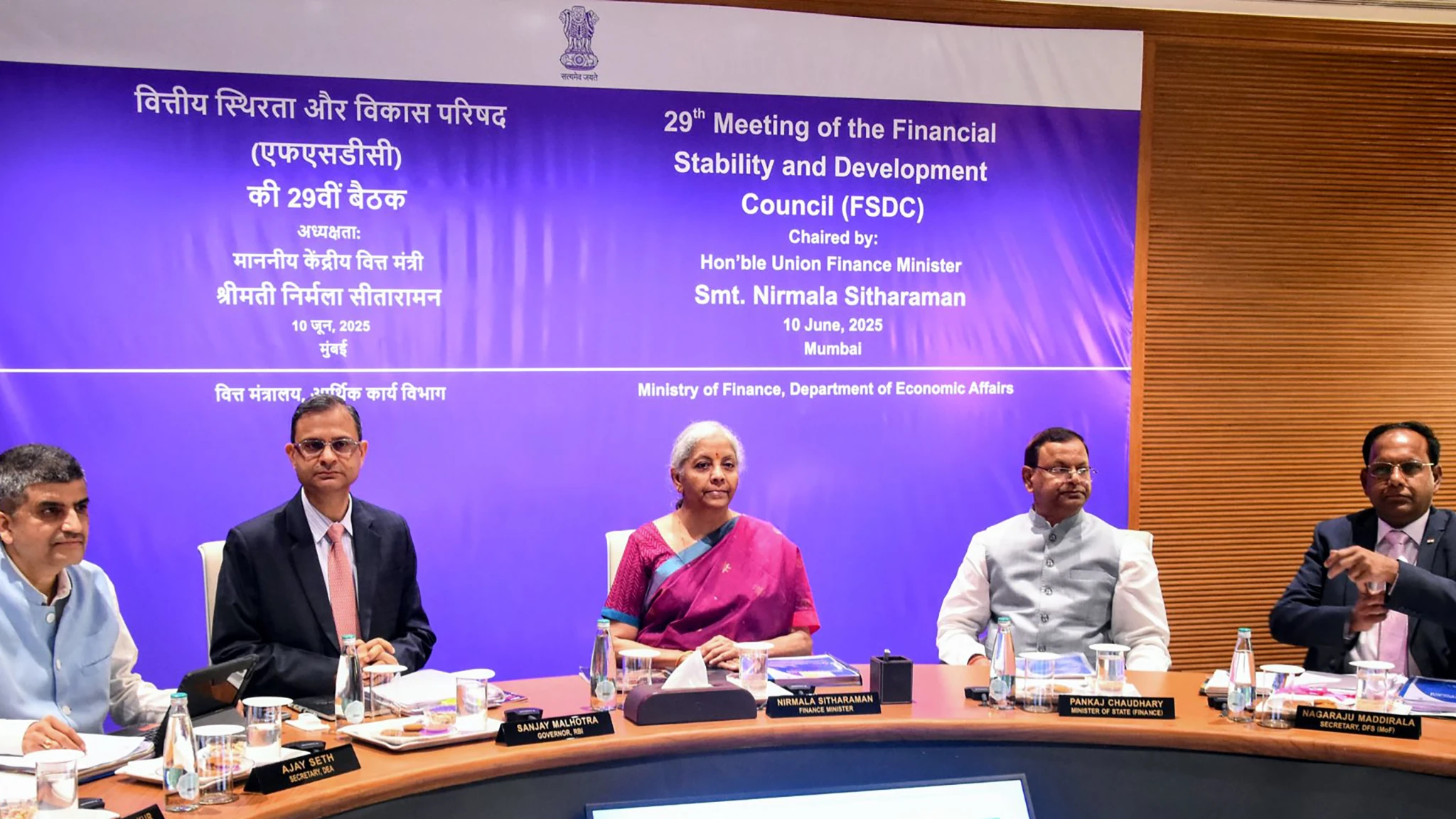The air around global markets felt a little lighter today, breathing a collective sigh of relief. India and Pakistan agreed to a ceasefire, immediately reflected in the stock market surges on both sides of the border. India’s Nifty climbed over 3%, recovering recent losses, while the Karachi Exchange saw a significant rebound after its conflict-induced slump.
Adding to the good mood was a breakthrough in US-China trade relations. The United States announced a drastic cut in tariffs on Chinese goods, dropping from a hefty 145% to 30% for the next 90 days. China reciprocated, lowering its tariffs from 125% to 10%. This thawed trade frost sent positive ripples through European markets, which gained nearly 2%, and lifted US futures. Even Asian markets, including the Hang Seng, saw decent gains.
Temporary market bounce
This sudden upswing raises the question: is this market momentum built to last? For India, the ceasefire is a welcome pause, but existing trade barriers with Pakistan remain. The real impact of this particular geopolitical event on the broader economy is minimal. For Pakistan, deep-seated issues like inflation and water scarcity continue to pose significant challenges.
The market’s sharp reaction underscores how sensitive sentiment is to headline news, even if the underlying economic picture hasn’t dramatically changed. The US-China tariff rollback offers more tangible economic benefits, potentially easing supply chain pressures and consumer costs, but a 30% tariff is still substantial. Trust between the US and China, much like between India and Pakistan, remains fragile, leaving the sustainability of this ‘thaw’ in doubt.
Easier access for elite investors
Closer home, regulators are quietly shaping the future of sophisticated investing. Sebi is proposing changes to Alternative Investment Funds (AIFs) that would make it easier for accredited investors – the wealthy and financially savvy – to access exclusive co-investment opportunities in unlisted companies. The plan involves creating dedicated ‘Co-Investment Vehicles’ (CIVs) for transparency, linking each vehicle to a single company. This could potentially offer HNIs direct stakes in high-growth private firms alongside the AIF, often bypassing the fund’s management fees. Sebi also wants to allow AIF managers to advise on listed securities, offering a more integrated service for wealthy clients.
Young Indians think security first
Meanwhile, a different segment of the population is focused on financial basics. A recent study highlights that Gen Z, young professionals in their twenties, are making term insurance their top financial priority. Driven by a desire for long-term security and affordability, they are embracing this foundational protection. Interestingly, a significant majority also want health and wellness features integrated into their life cover, reflecting a holistic view of well-being. While digital natives, many still rely on traditional agents for purchases, though social media is an emerging source of financial advice.
Market rallies fuelled by easing tensions are exciting but often fleeting. The real, longer-term shifts are happening in regulatory frameworks that open new avenues for sophisticated investors and in the evolving financial priorities of younger generations. While one group seeks enhanced access to private equity-style deals, another is focused on fundamental protection and health. Understanding these diverse motivations and structural changes provides a more grounded view of the financial landscape than watching the daily market swings driven by global headlines.










Leave a Reply